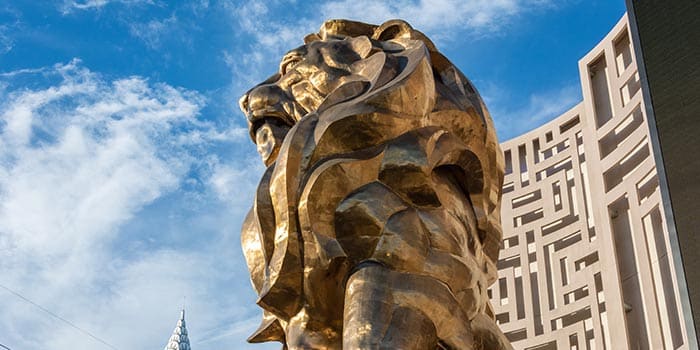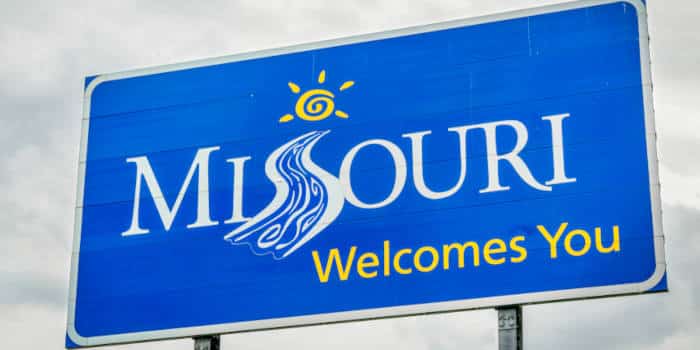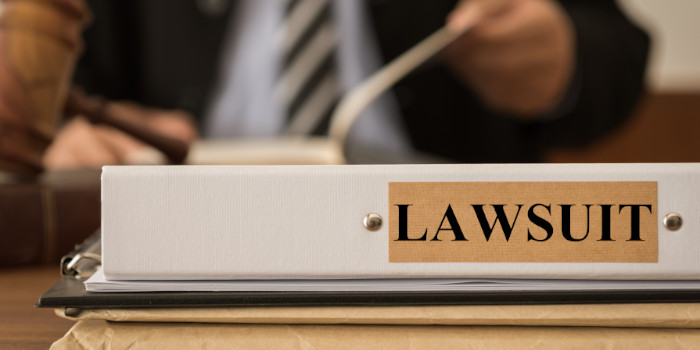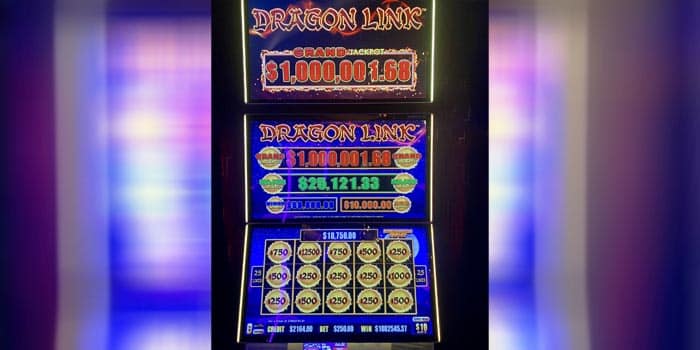- Casino
- By State
- Alabama
- Alaska
- Arizona
- Arkansas
- California
- Colorado
- Connecticut
- Delaware
- Georgia
- Florida
- Hawaii
- Idaho
- Illinois
- Indiana
- Iowa
- Kansas
- Kentucky
- Louisiana
- Maine
- Massachusetts
- Maryland
- Michigan
- Minnesota
- Mississippi
- Missouri
- Montana
- Nebraska
- Nevada
- New Hampshire
- New Jersey
- New Mexico
- New York
- North Carolina
- North Dakota
- Ohio
- Oklahoma
- Oregon
- Pennsylvania
- Rhode Island
- South Carolina
- South Dakota
- Tennessee
- Texas
- Utah
- Vermont
- Virginia
- Washington
- West Virginia
- Wisconsin
- Wyoming
- By State
- Slots
- Poker
- Sports
- Esports
Fact-checked by Stoyan Todorov
Steve Wynn Asks Supreme Court to Revisit Key Press Freedom Case
Wynn's lawyers argue that the New York Times v. Sullivan ruling unfairly burdens public figures in defamation cases by requiring them to prove that false statements were made with malice

Steve Wynn, who once ran big casinos, wants the US Supreme Court to take another look at the 1964 New York Times v. Sullivan ruling. This decision has protected press freedom in the US for a long time. Wynn made this request after Nevada’s highest court threw out his lawsuit against the Associated Press (AP) and a reporter named Regina Garcia Cano. He claimed the media and journalist had damaged his reputation.
Casino Mogul Wynn Urges Supreme Court to Reconsider Press Freedoms in Defamation Cases
Wynn’s lawyers say the Sullivan decision puts too much pressure on public figures trying to prove defamation. This ruling makes plaintiffs show that false claims were made with “actual malice” —meaning the person knew they were lying or did not care if it was true. Wynn, now 83, thinks this rule should change or be updated for people who are no longer in the public eye, reported The Las Vegas Review-Journal.
Wynn sued AP after Nevada’s Supreme Court said his lawsuit went against the state’s anti-SLAPP laws. These laws aim to shield journalists and news outlets from lawsuits that might curb free speech. The court agreed that AP had covered claims about Wynn in good faith and for the public good. This backs up the idea that reporters should not face libel charges for stories based on public records.
The fight began after an AP story in 2018 mentioned two police reports from women accusing Wynn of sexual misconduct — one in Las Vegas, the other in Chicago. AP got these reports through a public records request. They were part of wider claims against Wynn that had already caused him to quit Wynn Resorts and pay $10 million to Nevada gaming officials.
Wynn has always said he did not do anything wrong. His lawyers say the police reports had false claims and that when AP published them, it hurt Wynn’s good name.
Legal Scholars Fear Wynn’s Case Could Make It Easier to Silence Critical Reporting
Legal and media experts are worried that overturning New York Times v. Sullivan could have an impact on press protections and make it easier to suppress critical reporting. Some US Supreme Court justices, like Clarence Thomas and Neil Gorsuch, have shown interest to revisit the precedent. They point to changes in the media scene and how misinformation spreads.
David Orentlicher, who teaches law at the University of Nevada, Las Vegas, cautioned that taking another look at the ruling now might restrict press freedoms when the media already faces political challenges. George Freeman from the Media Law Resource Center pointed out that previous challenges to Sullivan did not succeed, and he thinks the Supreme Court would not consider Wynn’s case.
If the court decided to hear Wynn’s request and ruled in his favor, it could change libel laws in the United States. This would make it easier for public figures — or those who were once in the public eye — to sue journalists for defamation. Those against this move say it would scare reporters away from investigating stories and limit the media’s ability to keep powerful people in check.
Related Topics:
Silvia has dabbled in all sorts of writing – from content writing for social media to movie scripts. She has a Bachelor's in Screenwriting and experience in marketing and producing documentary films. With her background as a customer support agent within the gambling industry, she brings valuable insight to the Gambling News writers’ team.
Must Read
Legal
July 10, 2025
Italian Court Clears Betsolution Ltd of Mafia Links
More Articles






Industry
July 16, 2025
Iowa Regulator Slams FanDuel with $125K in Fines

Industry
July 16, 2025
Ukraine Wants Real-Time Online Gambling Oversight

Casino
July 16, 2025
MGM China Confirms Jacky Heung Settled Gambling Debt

Casino
July 16, 2025
Strip Casinos End Cross-Property Poker Chip Cash-Ins

Casino
July 16, 2025
WWE Is Coming to Fanatics Online Casinos in the US












